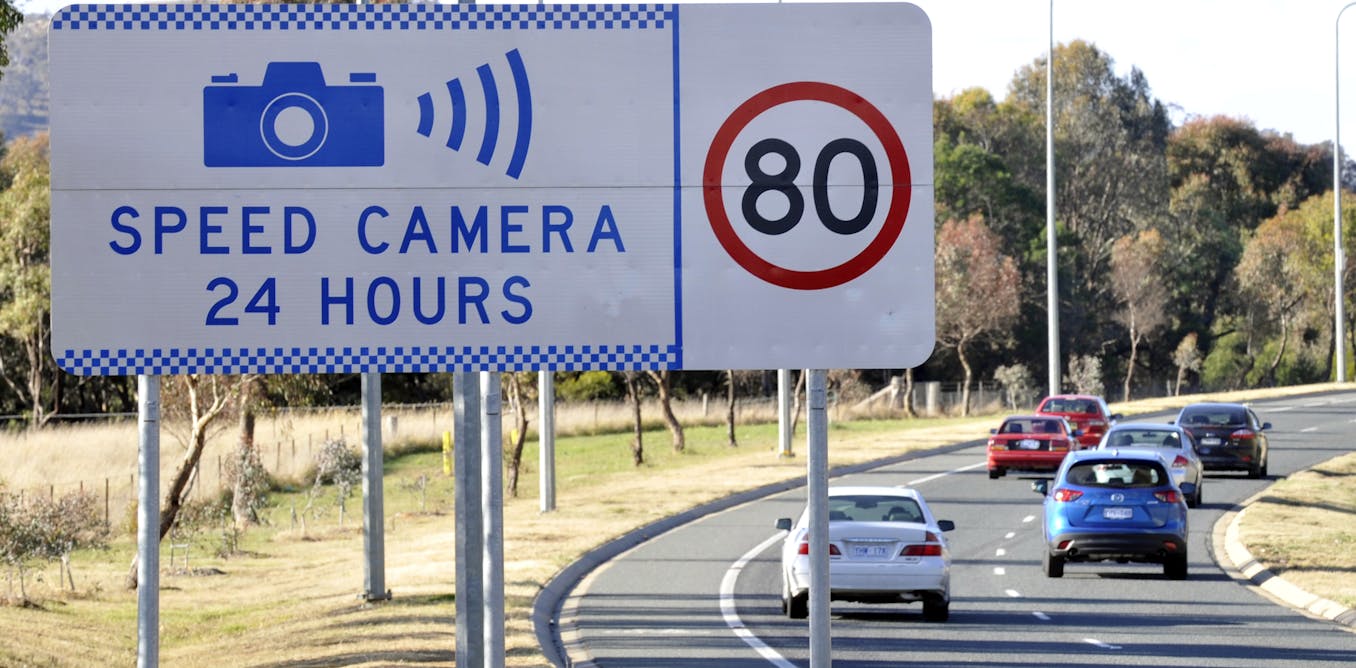One of the (many!) things I love about Human Factors/Ergonomics (HF/E) specialists is that a large chunk of their work involves studying, describing and naming “everyday” human experiences. So when I am listening to their presentations or reading their articles, it is not uncommon for me to have an “A-ha!” moment where they describe something that is very familiar to me. “Oh, that’s what that’s called!” or “Phew! I thought I was the only one that did that sort of thing!”. A relatively recent example of this for me was as at the Human Factors and Ergonomics Society of Australia conference (HFESA17) last year. This time, the everyday experience that now had a name was “Patient Work”. Continue reading “Patient Work”
Tag: systems thinking
These are the deadliest times for traffic collisions
This is a rather sobering infographic on road fatalities in Australia. This is a complex problem so using simple, reductionist solutions won’t work. Instead we need to use a systems thinking approach. This quote sums it up pretty well:
“We know in road safety that focusing on individual behaviour is not helpful … You actually have to change the system so that when people make mistakes they’re not penalised by dying.”
These are the deadliest times for traffic collisions
These are the deadliest times for traffic collisions

New figures reveal the most dangerous times to be on the road for young drivers, cyclists, pedestrians and other road users.
Source: www.abc.net.au/news/2018-01-25/every-road-death-in-australia-since-1989/9353794?pfmredir=sm
Rethinking the causes of road trauma: society’s problems must share the blame
Rethinking the causes of road trauma: society’s problems must share the blame
Rethinking the causes of road trauma: society’s problems must share the blame

Wider societal issues are driving road user behaviour, which cannot be fixed by taking a traditional road safety approach.
Human Factors, Systems Thinking and Teenage Drivers
One of my areas of interest is Human Factors/Ergonomics, and in particular it’s application to healthcare. However, by its very nature, it is applicable wherever you find humans. This is a recent article from ABC News discussing it in the context of teenage drivers.
Let’s stop blaming young drivers for their deadly road crashes
Let’s stop blaming young drivers for their deadly road crashes

As our holiday road death toll climbs, perhaps it’s time to stop attributing fatal accidents to inexperience, immaturity or even stupidity, and view the crashes as a failure in a system that should be protecting young drivers.
Source: www.abc.net.au/news/2018-01-01/road-toll-young-people-driver-behaviour-texting-drugs/9291678

